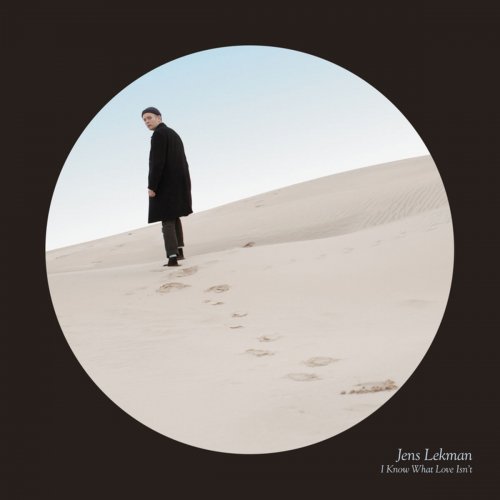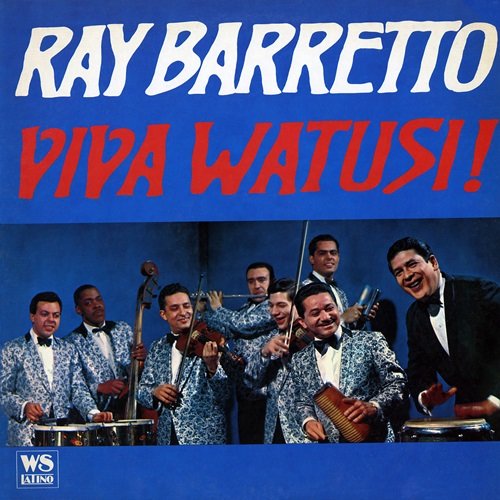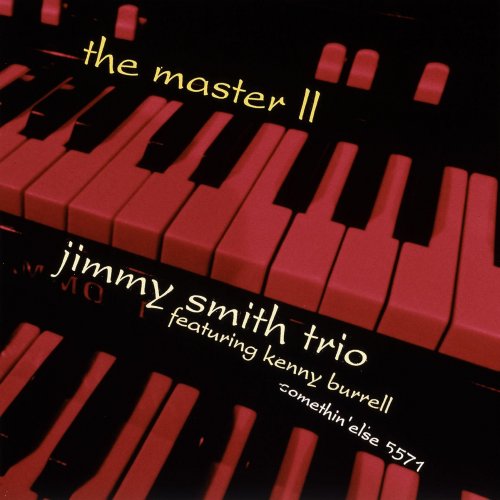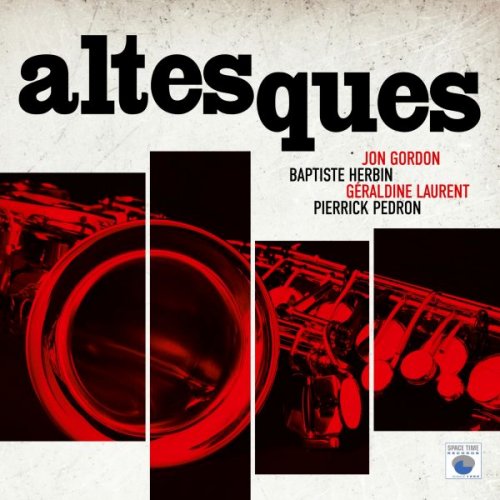Jens Lekman - I Know What Love Isn't (2012)

Artist: Jens Lekman
Title: I Know What Love Isn't
Year Of Release: 2012
Label: Secretly Canadian
Genre: Indie Pop, Folk, Pop Rock
Quality: 320 / FLAC (tracks+.cue,log)
Total Time: 38:00
Total Size: 87 / 216 Mb
WebSite: Album Preview
Tracklist: Title: I Know What Love Isn't
Year Of Release: 2012
Label: Secretly Canadian
Genre: Indie Pop, Folk, Pop Rock
Quality: 320 / FLAC (tracks+.cue,log)
Total Time: 38:00
Total Size: 87 / 216 Mb
WebSite: Album Preview
01. Every Little Hair Knows Your Names (1:26)
02. Erica America (3:56)
03. Become Someone Else's (4:25)
04. Some Dandruff on Your Shoulder (3:42)
05. She Just Don't Want to Be With You Anymore (3:54)
06. I Want a Pair of Cowboy Boots (2:58)
07. The World Moves On (6:12)
08. The End of the World Is Bigger Than Love (4:41)
09. I Know What Love Isn't (3:34)
10. Every Little Hair Knows Your Name (3:18)
Two years ago, Swedish pop troubadour Jens Lekman released the first song that would appear on his next LP, and it was a characteristically verbose, witty, and string-kissed number called "The End of the World Is Bigger Than Love". That title was disconcerting: Jens Lekman's music is the kind you look to when you need confirmation that love is the end of the world. Over the past decade, few songwriters have dedicated themselves to dramatizing the rise and fall of the heart as brilliantly as Lekman. Whether he's falling in love at the post office or making out during a boring Sunday sermon, his well-detailed, gracefully arranged songs inflate everyday moments and view the most banal aspects of modern life through rosy lenses, as though somebody's constantly spiking his drinks with love potion. So the message of this new song was a stark departure. Coming from the guy who once wrote a song about using his one prison phone call to dedicate a love song to a girl on the radio, a chorus like "A broken heart is not the end of the world" brings with it Santa's-not-real-either levels of illusion-shattering.
But even for the most hopelessly romantic Lekman fans, two years should have been long enough for the track to reveal itself as a grade-A grower. There are a few characteristic laugh-lines ("It's bigger than the Flatbush Avenue Target! And their pharmacy department!"), but mostly "End of the World" glides through a wide variety of tones, scenes, and feelings, as Lekman's breezy delivery distracts from how difficult it is to write a song that's so emotionally precise yet complex. The second verse finds him in Washington, D.C., on the night of the 2008 presidential election, trying to reconcile his private heartbreak with the public elation exploding around him-- and the strange happiness he feels in that moment, too. This isn't "Black Cab", his magnificently gloomy 2003 ode to being bummed when everyone around you is happy. It's a song about the infinite shades of gray that exist between joy and sadness. These are not always easy things to capture in pop songs, but they're the hues he's chasing throughout I Know What Love Isn't. During a six-minute song about the painfully prolonged end of a relationship ("The World Moves On") someone snips, "I wish you just would have cheated on me instead." For one thing, that would have been an easier song to write.
All of this means that I Know What Love Isn't is, by some stretch, the hardest Jens Lekman record to love-- or at least feel instantly infatuated with. His earlier songs specialized in big, bombastic choruses and memorable hooks-- the kind of writ-large tricks that leave you swooning on first listen. But he's after something different here. A word that Lekman's repeatedly used when describing the record is "aerodynamic," and in a recent interview he said, "You know how in the early 90s, a lot of the songs were very focused on the verses being very quiet, and the choruses being super loud, like Nirvana? I was looking for the opposite of that, where you hardly notice where the chorus starts; it's just like an airplane taking off from a runway, smooth, and all of a sudden you're in the air."
Though he sometimes takes this "smoothness" to an extreme (the Spanish guitar solo and saxophone riff make "Erica America" one of the more divisive songs in his oeuvre), it's most gainfully employed in the service of some of Lekman's classic lyrical sleights of hand. He's always gotten a kick out of wordplay ("And when she talked about the fall/ I thought she talked about Mark E. Smith" remains one of his greatest deadpans), but on the standout "Become Someone Else's", it's used with remarkable deftness-- not a punchline so much as a gutpunch. Over a moseying, Bacharach-y piano riff, the title phrase transforms from an idyllic profession ("Life's too good to become someone else's") to an image of loneliness ('That lonesome feeling and what it tells us/ Sleeping on my arm 'til it becomes someone else's"). It's funny, until it's not-- at which point you realize that it ranks up there with his best songs.
Before I Know What Love Isn't, Lekman's gone so far as to say that he hates "albums." His terrific 2005 record Oh You're So Silent Jens was actually a singles collection, and when it came time to assemble the tracklist for his arguable career highlight Night Falls Over Kortedala, he let his friends choose what should make the cut. The hodgepodge approach suited him well, and those records had a feel that was both panoramic and casual: A song about his girlfriend was followed by a song about his barber, each as expertly sketched. I Know What Love Isn't is, he admits, singularly focused on heartbreak, and because its 10 songs are variations on a single theme, he's said it feels like the first proper album he's made. But he's the first one to point out the casualties of thematic maturity: "[On Night Falls Over Kortedala], I created a big rainbow of different colors on my little palette," he explains. "But, for this album, I only chose a few of those colors, so it's a little bit more held back." Ultimately, some of those missing colors leave a void.
But even when he focuses his unflagging talents within fixed bounds, Lekman's still one of the most distinct and observant writers in indie rock today. The understated closer, "Every Little Hair Knows Your Name", is a gem, as wrenching as it is lyrically agile. The title and first verse make it sound like a love song, until the phrase "when we broke up" drops like an anvil. "Every chord I struck was a miserable chord," he croons, and then plucks a few examples, note by mournful note. "It all sounds the same, every chord knows your name." It's heartbreak at its most sumptuously sad, as though he's taking back everything he said before. It actually sounds like the end of the world.
But even for the most hopelessly romantic Lekman fans, two years should have been long enough for the track to reveal itself as a grade-A grower. There are a few characteristic laugh-lines ("It's bigger than the Flatbush Avenue Target! And their pharmacy department!"), but mostly "End of the World" glides through a wide variety of tones, scenes, and feelings, as Lekman's breezy delivery distracts from how difficult it is to write a song that's so emotionally precise yet complex. The second verse finds him in Washington, D.C., on the night of the 2008 presidential election, trying to reconcile his private heartbreak with the public elation exploding around him-- and the strange happiness he feels in that moment, too. This isn't "Black Cab", his magnificently gloomy 2003 ode to being bummed when everyone around you is happy. It's a song about the infinite shades of gray that exist between joy and sadness. These are not always easy things to capture in pop songs, but they're the hues he's chasing throughout I Know What Love Isn't. During a six-minute song about the painfully prolonged end of a relationship ("The World Moves On") someone snips, "I wish you just would have cheated on me instead." For one thing, that would have been an easier song to write.
All of this means that I Know What Love Isn't is, by some stretch, the hardest Jens Lekman record to love-- or at least feel instantly infatuated with. His earlier songs specialized in big, bombastic choruses and memorable hooks-- the kind of writ-large tricks that leave you swooning on first listen. But he's after something different here. A word that Lekman's repeatedly used when describing the record is "aerodynamic," and in a recent interview he said, "You know how in the early 90s, a lot of the songs were very focused on the verses being very quiet, and the choruses being super loud, like Nirvana? I was looking for the opposite of that, where you hardly notice where the chorus starts; it's just like an airplane taking off from a runway, smooth, and all of a sudden you're in the air."
Though he sometimes takes this "smoothness" to an extreme (the Spanish guitar solo and saxophone riff make "Erica America" one of the more divisive songs in his oeuvre), it's most gainfully employed in the service of some of Lekman's classic lyrical sleights of hand. He's always gotten a kick out of wordplay ("And when she talked about the fall/ I thought she talked about Mark E. Smith" remains one of his greatest deadpans), but on the standout "Become Someone Else's", it's used with remarkable deftness-- not a punchline so much as a gutpunch. Over a moseying, Bacharach-y piano riff, the title phrase transforms from an idyllic profession ("Life's too good to become someone else's") to an image of loneliness ('That lonesome feeling and what it tells us/ Sleeping on my arm 'til it becomes someone else's"). It's funny, until it's not-- at which point you realize that it ranks up there with his best songs.
Before I Know What Love Isn't, Lekman's gone so far as to say that he hates "albums." His terrific 2005 record Oh You're So Silent Jens was actually a singles collection, and when it came time to assemble the tracklist for his arguable career highlight Night Falls Over Kortedala, he let his friends choose what should make the cut. The hodgepodge approach suited him well, and those records had a feel that was both panoramic and casual: A song about his girlfriend was followed by a song about his barber, each as expertly sketched. I Know What Love Isn't is, he admits, singularly focused on heartbreak, and because its 10 songs are variations on a single theme, he's said it feels like the first proper album he's made. But he's the first one to point out the casualties of thematic maturity: "[On Night Falls Over Kortedala], I created a big rainbow of different colors on my little palette," he explains. "But, for this album, I only chose a few of those colors, so it's a little bit more held back." Ultimately, some of those missing colors leave a void.
But even when he focuses his unflagging talents within fixed bounds, Lekman's still one of the most distinct and observant writers in indie rock today. The understated closer, "Every Little Hair Knows Your Name", is a gem, as wrenching as it is lyrically agile. The title and first verse make it sound like a love song, until the phrase "when we broke up" drops like an anvil. "Every chord I struck was a miserable chord," he croons, and then plucks a few examples, note by mournful note. "It all sounds the same, every chord knows your name." It's heartbreak at its most sumptuously sad, as though he's taking back everything he said before. It actually sounds like the end of the world.
![Mark Moshayev, David Dagmi, Omri Porat - Beats (2025) [Hi-Res] Mark Moshayev, David Dagmi, Omri Porat - Beats (2025) [Hi-Res]](https://www.dibpic.com/uploads/posts/2025-10/1761465057_y71f30tozxz5b_600.jpg)



![Phil Upchurch - You Can't Sit Down! [Bonus Tracks] (2015) Phil Upchurch - You Can't Sit Down! [Bonus Tracks] (2015)](https://img.israbox.com/img/2025-10/26/siuaioktgx0q6nwiq58bypiec.jpg)

![The Bill Holman Band - Brilliant Corners (1997) [Hi-Res] The Bill Holman Band - Brilliant Corners (1997) [Hi-Res]](https://www.dibpic.com/uploads/posts/2025-10/1761650678_hwqf5hdj4t4qa_600.jpg)

